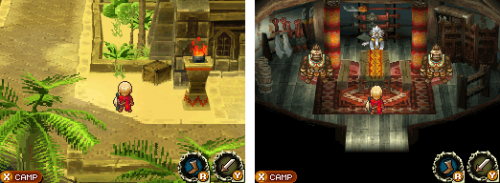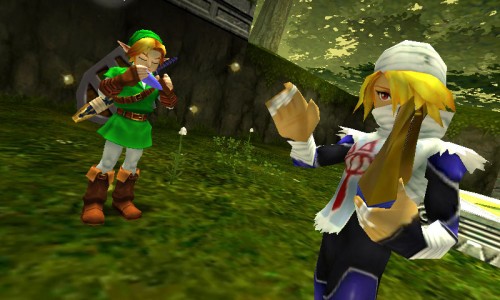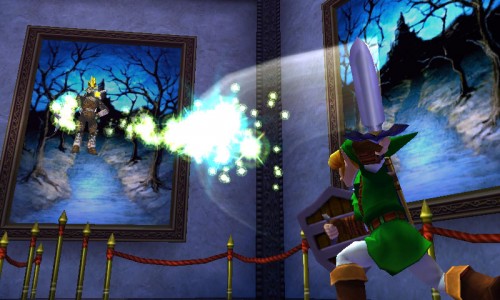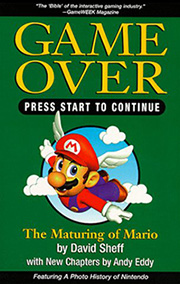 It’s been a while since I’ve written anything about games, mainly because I haven’t been playing them. My free time has been dominated by reading, an ancient form of entertainment made modern and more ubiquitous by the Kindle I got for my last birthday. An ill-advised Goodreads challenge to get through 40 books in 2013 – a lot when you enjoy 1,500-page fantasy epics – and the pressures of another new job have dominated my free time in recent months.
It’s been a while since I’ve written anything about games, mainly because I haven’t been playing them. My free time has been dominated by reading, an ancient form of entertainment made modern and more ubiquitous by the Kindle I got for my last birthday. An ill-advised Goodreads challenge to get through 40 books in 2013 – a lot when you enjoy 1,500-page fantasy epics – and the pressures of another new job have dominated my free time in recent months.
I’m all about efficiency, though, so why not combine my twin loves by gushing over Game Over, David Sheff’s wonderful book about the rise of Nintendo. It’s both, for my money, the best book ever written about games and surely the greatest free gift to accompany a magazine since that before-they-were-popular pack of Pogs I got with the Beano. Like most who’ve read it these days, I got my copy on the cover of the tragically short-lived Arcade magazine in the late 90s.
The rate at which I burn through books and a surfeit of great literature to read means that I rarely read them more than once. The small list that I still return to occasionally goes like this: Nineteen Eighty-Four, The Lord of the Rings, The Lord of the Flies, and Game Over. Spot the odd one out.
Only I don’t think it is out of place there. We have two greats of speculative fiction with important things to say about human nature, a towering giant of fantasy, and a top-tier non-fiction book about business. It being about games dovetails wonderfully with my tastes, of course, but such an engrossing account of any industry in its heyday would be worthy of praise. It’s a comprehensive account of how Nintendo built up the industry as it exists today, the glorious 8- and 16-bit days, and the inner workings of a notoriously secretive company.
In that respect, it’s at least as good as, say, Walter Isaacson’s Steve Jobs biography – a far better-known account of the rise of a technology giant, but one that’s been documented at least as well elsewhere.
Even speaking as someone without much stake in Nintendo these days, a proper follow-up to Game Over would be one of my dream announcements. An account of this quality to take us through Nintendo’s part in the rise of the PlayStation, the commercial decline of the N64 and GameCube years, and the boom-and-bust DS/Wii-Wii U era would make for arguably more fascinating reading than how Nintendo built the modern industry in the first place.
Now, though, GTA V is here. Finally, a game worth talking about…

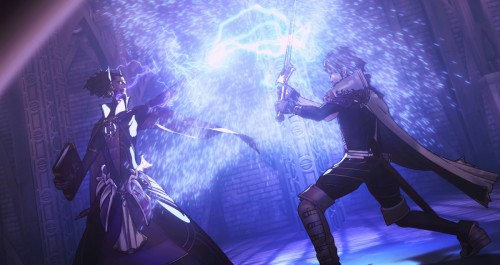
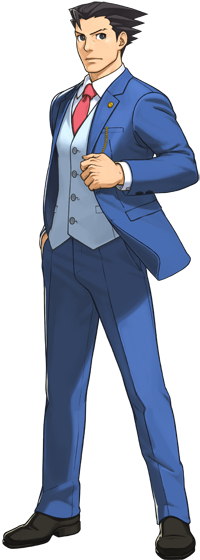 I adore the Ace Attorney series. It’s one of my favourite series on one of my favourite systems, so by default the games are up there in my favourites of all time. Some of the best writing, the
I adore the Ace Attorney series. It’s one of my favourite series on one of my favourite systems, so by default the games are up there in my favourites of all time. Some of the best writing, the 